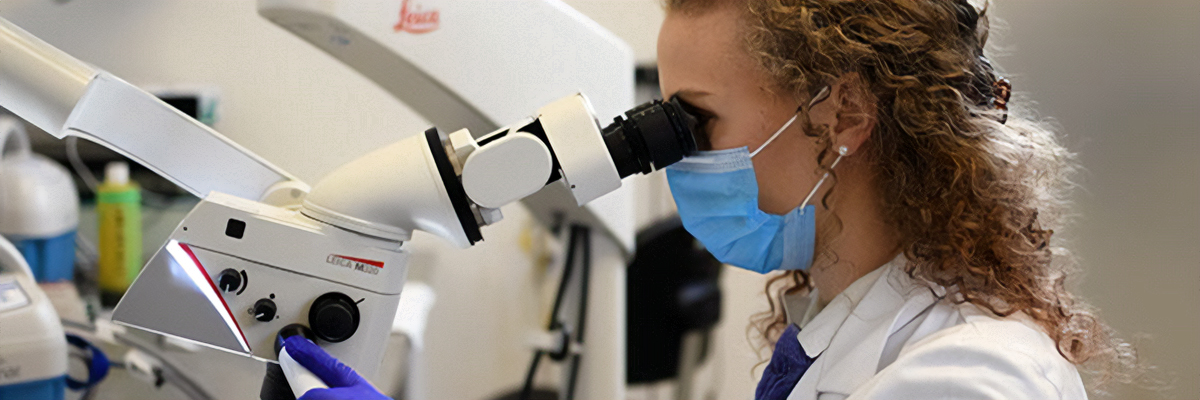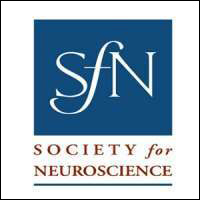Prospective Students

In This Section
Welcome, Future UT Dallas Students
Application Deadline for Fall 2024 is December 1, 2023
If you are ready to apply, click below for all the application instructions!
To Learn More About Our Program, Join Us at an Upcoming Webinars
We will have an informational webinar on November 21, 2023 at 4pm CT. Please sign up for this virtual TEAMS meeting by filling out this survey.
Or Visit Our In-Person Booths at the Following Upcoming Graduate Fairs

SFN Graduate Fair Nov 11-14, 2023 Washington, DC
Booth number: 48

ABRCMS Graduate Fair Fall, Nov 15-18, 2023 Phoenix, AZ
Booth number: 401
Frequently Asked Questions
How are Students Funded for the Program?
Students in the program are typically funded by teaching or research assistantships and receive a competitive stipend. The current (academic year 2022-23) assistantship stipend is $27,144. There are opportunities for additional funding through fellowships and scholars programs too!
How Much is Tuition?
For you? Free!!! Seriously, tuition and fees are covered for the extent of your graduate research (max 5 years) including both in-state and out-of-state tuition.
Is There Health Insurance?
All SCN PhD students are offered student health insurance. This cost is covered by the program.
What is the Admissions Process?
The admissions committee evaluates applications on several dimensions including research experience, personal statement, fit with existing research labs, GPA, letters of recommendation and personal statements. Of note, we have not made a decision regarding the GRE requirement for fall 2022. We will update this website as soon as possible. We previously waived the GRE requirement for 2020 and 2021. One to three preferred faculty mentors should be named in the application.
The admissions committee invites a shortlist of qualified candidates to visit UT Dallas for an interview. Admissions decisions generally are made in February thru March, and admissions offers are accepted or declined by April 15, 2023. International interviews are typically conducted virtually.
For more information check out the Apply page.
Do You Require the GRE?
The GRE requirement has been waived for fall 2022-2024 applications. If you have taken the general GRE or subject tests already, you are welcome to send that information to us when you apply but it is not required.
What is the Admissions Committee Looking for / How Will My Application be Reviewed?
The Systems and Cellular Neuroscience track is seeking PhD applicants that demonstrate the academic preparation, work ethic, and creativity to thrive in our diverse and collaborative training environment. We also aim to ensure that there is a good match between an applicant’s scientific interests and career goals and the expertise of our research faculty. The admissions committee will conduct a holistic review of your transcripts, CV, personal statement, and letters of recommendation to gain a comprehensive understanding of your motivation, preparedness, and goals for graduate training. (Note: GRE scores are optional for the 2021-2024 admissions cycles)
Should I Contact Faculty Before I Apply?
We encourage you to identify one to three faculty members who share your research interests. On our graduate faculty page, you can see when faculty are currently recruiting students. The primary process for joining a lab is through a laboratory rotation process. In this process, students “try-out” a few labs during the fall of their first year before making a final choice for their dissertation research. In some limited circumstances (e.g. a student is currently working with a faculty member for their Master’s degree), students are directly asked to join a lab during the admissions process. If you want to contact faculty prior to your application that is welcomed and encouraged but not required.
What is the PhD Curriculum for the Systems Track?
Our PhD program balances a low course load to provide a broad background across neuroscience with intensive basic and biomedical research in neuroscience. Students typically take courses during their first two years while simultaneously working in their research lab. Years 3-5 are devoted 100% to laboratory research.
How Many Years Does it Typically Take to Finish the Degree?
The average time to finish the degree is 4-5 years.
What Do People Do with a PhD in Neuroscience from UT Dallas?
About 2/3 of our PhD graduates pursue careers in academics. Most of our students first start with a postdoctoral fellowship followed by transitioning to faculty. About 1/3 of our PhD graduates work in the pharmaceutical, device, or biotechnology sectors. There are opportunities to explore these and other options with training in research, teaching, and the business side of neuroscience.
What is UT Dallas Like?
The University of Texas at Dallas recently was ranked third among U.S. universities founded in the past 50 years and is in the top 20 such universities worldwide. The total enrollment is approximately 25,000, with more than 8,000 graduate students. The main UT Dallas campus is in Richardson, Texas — about 15 miles north of downtown Dallas. However, several research centers of the School of Behavioral and Brain Sciences are located in Dallas, near the campus of the UT Southwestern Medical School. Both Richardson and Dallas are vibrant with opportunities for art, drama, music, athletics, and other activities. Visit the UT Dallas visitors website for more information about the University.
Who Do I Contact About Admissions Questions?
You can contact our academic support coordinator at cogneurophd@utdallas.edu or our Systems and Cellular Neuroscience Track PhD Director Dr. Benedict Kolber. If you are on campus, we would love to see you. The PhD program office is on the 4th floor of the Bioengineering and Sciences Building (BSB).
Contact Our Student Ambassadors
As ambassadors, we’re here to answer your questions student-to-student. We come from all across the US and the world. E-mail us to ask about life at UT Dallas, the Systems and Cellular Neuroscience Program, what it’s like to live in Dallas, the cost of living, or whatever you want!

Brendan Williams
Engineer Lab
Email

Hailey Welch
Thorn Lab
Email

Emmanuel Adehunoluwa
Kilgard Lab
Email

Abi Porras
Rincón-Cortés Lab
Email

Ke Yang
Kroener Lab
Email

Lucy He
Price Lab
Email

Nicholas Kopchenko
Thorn Lab
Email

Nya Gayluak
Sadler Lab
Email

Rachel Arnold
Kilgard Lab
Email

Salma Ashshareef
Sadler Lab
Email

Shevon Alexander
Burton Lab
Email






